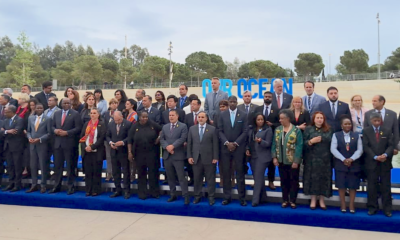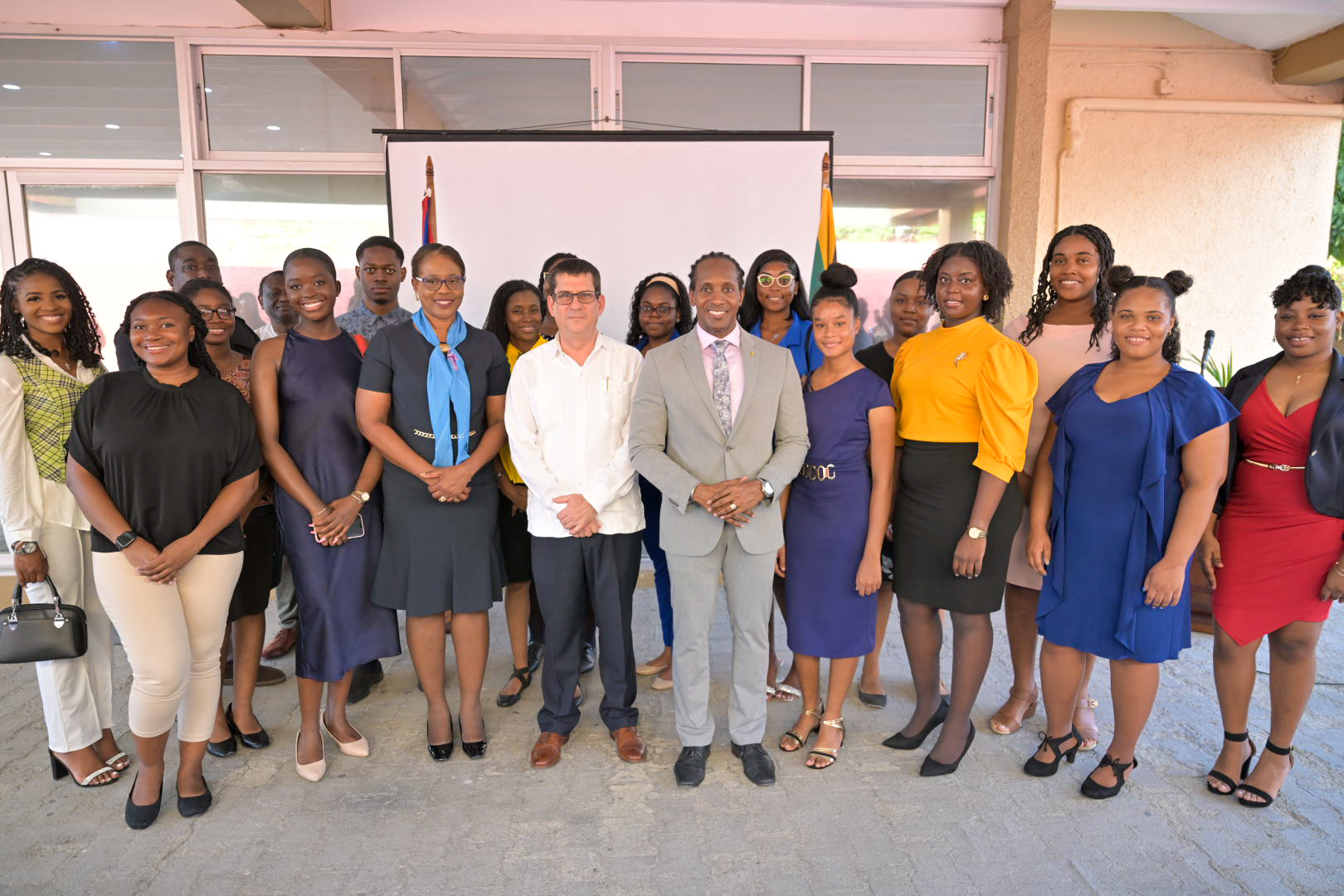Caribbean News
What Election Observers Recommend Following Review of the 2021 General Elections

Caribbean News
UK issues warning to tourists following shark attack
Caribbean News
JAMAICAN STUDENTS GAIN SCHOLARSHIPS TO STUDY IN CUBA
Caribbean News
GROUND BROKEN FOR HIGH SCHOOL AT CHRISTEL HOUSE
-

 Crime2 days ago
Crime2 days agoUnlocking Perspectives: Serious Tourist Incidents unveiled in TCI
-

 TCI News2 days ago
TCI News2 days agoRegional SDGs Update; 22% to be reached by 2030
-

 Latin America and Caribbean1 week ago
Latin America and Caribbean1 week agoRegional SDGs Update
-

 Bahamas News1 week ago
Bahamas News1 week agoEnvironment State-Minister updates ‘Our Ocean’ forum on The Bahamas as SIDS leader in sustainable tourism
-

 Bahamas News1 week ago
Bahamas News1 week agoPacesetting Cohort of Eleuthera Residents Graduate from Leading Light Programme
-

 Bahamas News1 week ago
Bahamas News1 week agoNassau Cruise Port Donates Nearly $2 Million Towards Food Security
-

 Bahamas News23 hours ago
Bahamas News23 hours agoRBC appoints new Country Manager and Area Vice President for Turks & Caicos
-

 Bahamas News2 days ago
Bahamas News2 days agoCIBC Caribbean announces the closure of Bay Street Branch











